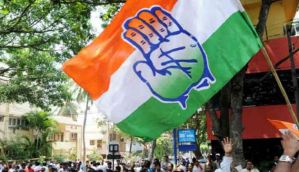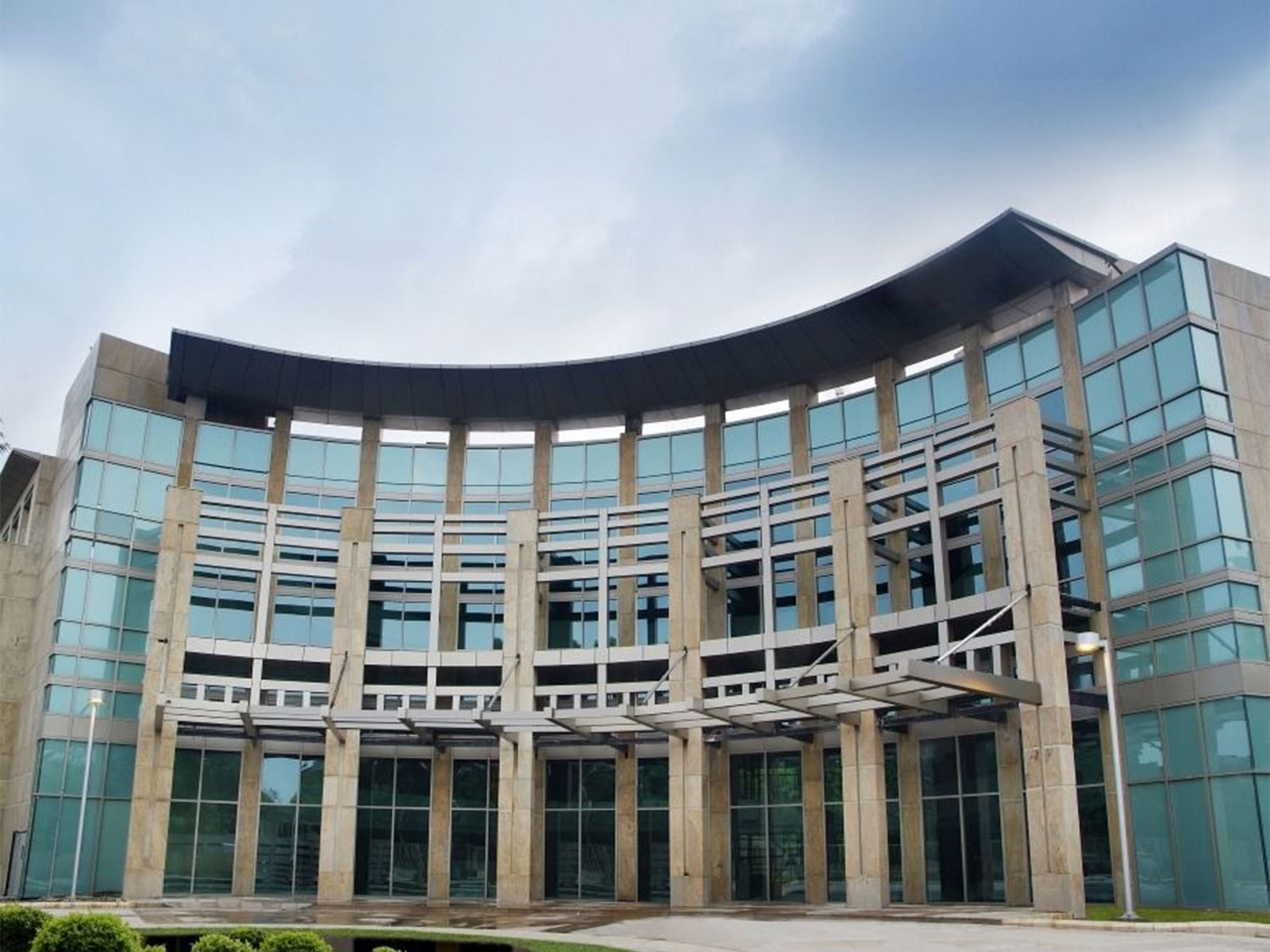
In an effort to provide greater insight into Mahatma Gandhis exchange of views with the greats of his time, Sabarmati Ashram here has taken up a mammoth task to transcribe and publish over 8,500 letters received by him.
Though the Collected Works of Mahatma Gandhi (CWMG) has in detail documented more than 31,000 available letters written by Gandhi during his life time, but the letters received by him which solicited his response have not been documented so far.
"Researchers and scholars have for long felt the need to transcribe and publish the letters and other forms of communication received by Gandhiji so as to be able to understand his response to them more completely or else it is one-way traffic," Director of Sabarmati Ashram Preservation and Memorial Trust, Tridip Sharud, said.
The publishing of letters received by Gandhiji would bring to the fore the exchanges between him and the greats of his time such as Romain Rolland, Rabindranath Tagore, Jawaharlal Nehru, Sarojini Naidu, Madeleine Slade (Mirabehn) and Esther Faering, creating documents of great historic value.
"The CWMG, a 100-volume electronic documentation of Gandhijis speeches, editorials and other writings compiled painstakingly over 38 years, contains over 31,000 letters, telegrams, and cables that Gandhji wrote to others," Sharud said.
"The editorial design of CWMG does not permit the inclusion of letters or other forms of communication which Gandhiji received and responded to," Sharud said.
"The Sabarmati Ashram has in its archives over 8,500 letters and other communications to Gandhiji. These letters are mainly in English, Gujarati and Hindi," he said.
"Notable among them are his exchanges with Rolland, Tagore, Nehru, Sarojini Naidu, Mirabehn and Esther Faering," he said.
"The ashram proposes to transcribe and publish these letters. The organisation and editorial design of these volumes would mirror that of the CWMG and thus, they would potentially become companion volumes, albeit as a separate series," he said.
"These compilations have proved to be an invaluable source of biographical and historical inquiry," he said.
-PTI







![BJP's Kapil Mishra recreates Shankar Mahadevan’s ‘Breathless’ song to highlight Delhi pollution [WATCH] BJP's Kapil Mishra recreates Shankar Mahadevan’s ‘Breathless’ song to highlight Delhi pollution [WATCH]](https://images.catchnews.com/upload/2022/11/03/kapil-mishra_240884_300x172.png)

![Anupam Kher shares pictures of his toned body on 67th birthday [MUST SEE] Anupam Kher shares pictures of his toned body on 67th birthday [MUST SEE]](https://images.catchnews.com/upload/2022/03/07/Anupam_kher_231145_300x172.jpg)






